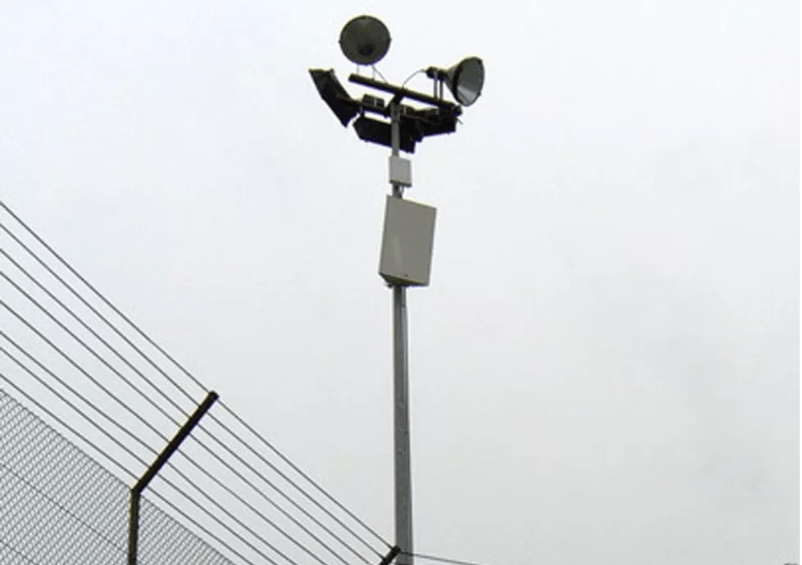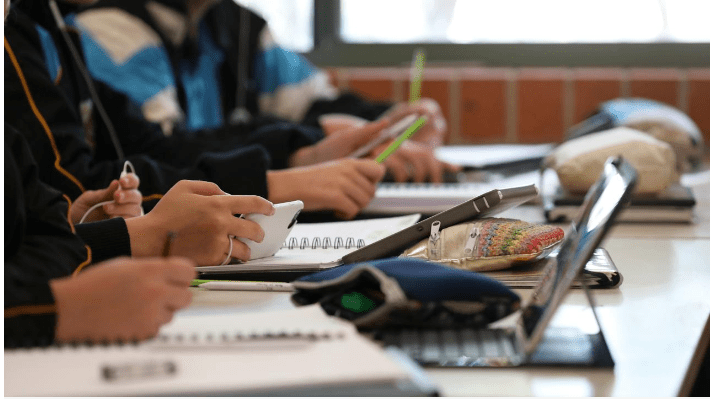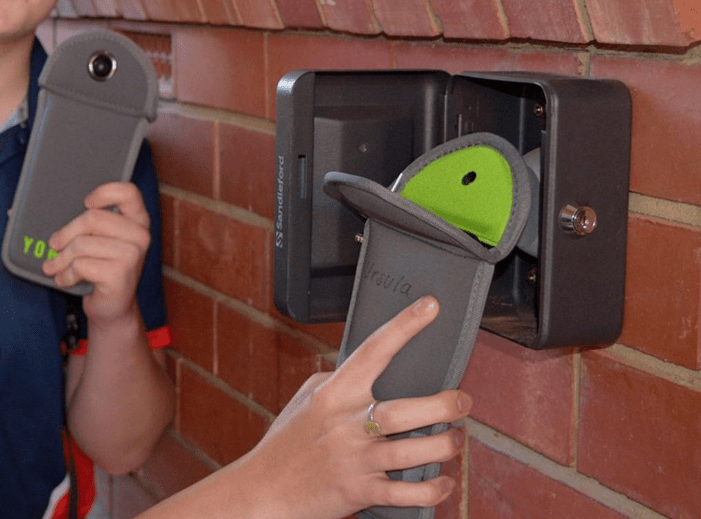NSW Considers Deploying Phone Jammers to Deter Mobile Phone Usage Amongst Students

NSW Prison Phone Ban Tactic Considered by Labor to Curb Student Mobile Use During School Hours
There is now a proposal being considered to implement mobile phone blocking technology in some Australian schools as a solution to the issue of students misusing their devices during school hours. Previous attempts by schools to address this problem have failed, with students finding ways to outsmart the systems put in place. The proposed implementation of phone blocking technology in classrooms across the state is modeled after similar technology currently being used in two regional NSW prisons, Lithgow Correctional Centre and Goulburn Correctional Centre, to prevent inmates from illegally using mobile devices. If the proposal gets the green light, it is hoped that it will provide an effective solution to the widespread problem of mobile phone misuse in schools.

Shadow Education Minister Prue Car confirmed to The Daily Telegraph that NSW Labor was examining a proposal from Australian technology company Educell.
“NSW Labor is committed to banning the use of mobile phones and welcomes initiatives that can help deliver this outcome,” she said.
“We know we need to act on phones in schools to end disruption, improve student focus and behaviour and ensure teachers can focus on teaching.”
Under a plan proposed by NSW Opposition leader Chris Minns, the use of mobile phones would be banned in public high schools across the state.
This policy would replicate similar initiatives used in South Australia, Victoria and Western Australia, which restrict the use of mobile phones, smart watches, tablets and headphones, unless students are under the instruction of a staff member.
Exemptions would be made for students with special circumstances.
Educell brands itself as a “fully integrated technology-based solution” that allows schools to “regain control of mobile phone management more effectively”.
With one of its founders being a former schoolteacher, those behind the company have first-hand insight into just how challenging it can be to manage mobile phone use in the classroom.
The technology would stop phones ringing or receiving text messages during class time, block access to social media sites, and prevent students hotspotting their phone’s network to school laptops in order to view unauthorised content.
Exemptions can also be made so authorised phones can remain connected to their network provider, such as teachers or for students under special circumstances.
Educell Director Andrew Mednic told news.com.au that the disruption caused by phones isn’t going to be fixed through reactive or manual policies or “simply trying to completely ban mobile phones at school”.

“The successful management of mobile phones at school is possible with a proactive approach via a technology-based solution,” Mr Mednic said.
“Our system still allows students to access the perceived benefits of mobile phones before, during and after school – Connect to school BYO Wi-Fi networks, make canteen payment, communication with carers relating to after school arrangements, electronic diary management.
“Ultimately the system removes the reactive, time consuming management of the school’s phone policies from teachers to focus on delivering their school’s core academic outcomes.”
Mr Mednic told news.com.au Educell was also engaging with a number of other state education departments, not just NSW.
For the plan to go ahead, the use of the technology would need to be approved by the Australian Communications and Media Authority (ACMA).
All radiocommunications devices in Australia must be licensed by the ACMA, given the potential issues and impacts new technology could have on existing radio communications services.
Under the Radiocommunications Act, certain technologies that are designed to cause interference to radiocommunications or block signals are classified as banned equipment, ACMA told news.com.au in a statement.
ACMA confirmed it had been approached by Educell with their proposal, however they have “not applied for an exemption to access banned equipment”.
“The ACMA has asked Educell for additional information about the technical specifications of their proposal and we are currently assessing that information,” it said.
“The ACMA has not licensed or otherwise authorised the use of devices intended to block mobile phones in schools.
“Any technology designed to prevent mobile phone use in schools is likely to operate in parts of the spectrum used by mobile operators for surrounding public mobile phone networks.”
Schools across the country have been trialling different methods to tackle the growing problem of unauthorised mobile phone use, with one being the Yondr Pouch.
Schools with this system in place require students to place their phones into the Yondr Pouch, which is a fabric bag that locks shut for the duration of the school day.

Students are only meant to be able to open these bags with powerful magnets located at “unlocking stations” throughout the school.
Yondr pouches are already widely used overseas, such as schools in the US, and have been gaining popularity in Australia in recent years.
However, as more schools introduce these devices, Aussie kids are finding new and creative ways to skirt the system.
A quick search on TikTok will uncover dozens of videos of Aussie students teaching others how to open the pouches without the use of the school’s magnetic unlocking stations.
One video explaining you can hit the magnetic part of the pouch on a hard surface to open it has already amassed more than 333,000 views, despite only being posted last week.
“How to get one of these Yondr’s open,” the caption on the video reads.
Viewers are then shown the magnetic lock on the pouch and instructed to “smack it on this part”.

After investing so much money into introducing Yondr Pouches, schools are now facing the realization that they may not be as effective as initially thought. Social media videos are showing students successfully opening the pouches by hitting them on the ground or using a strong magnet. This undermines the purpose of the pouches, which were designed to eliminate distractions, particularly from phones. It remains to be seen whether schools will continue to use the pouches or look for alternative solutions.
The effectiveness of the Yondr Pouches, a device that is used to prevent students from accessing their smartphones in class, has been called into question after a series of videos have emerged on social media that appear to demonstrate how to bypass the security measures. In one clip, a person is seen forcefully hitting the pouch on the ground until it opens, while in other videos, students have claimed that using a strong magnet will also unlock the pouches.
These revelations have raised concerns among educators who have invested significant amounts of money in purchasing and implementing the technology. Schools across the country are reported to have spent tens of thousands of dollars to introduce the Yondr Pouches, and some have reportedly paid up to $30,000 to implement the system.
The implementation of such devices is seen as a necessary measure to combat the distractions caused by smartphones in the classroom. However, the recent revelations have demonstrated that the technology may not be as effective as originally hoped.
In light of these developments, it is unclear whether schools will continue to invest in Yondr Pouches or if they will now seek alternative solutions. It remains to be seen whether the device’s manufacturers will address these concerns with improved technology or if educators will need to find a different solution to ensure that students are able to fully concentrate on their studies without the distractions caused by their smartphones.









